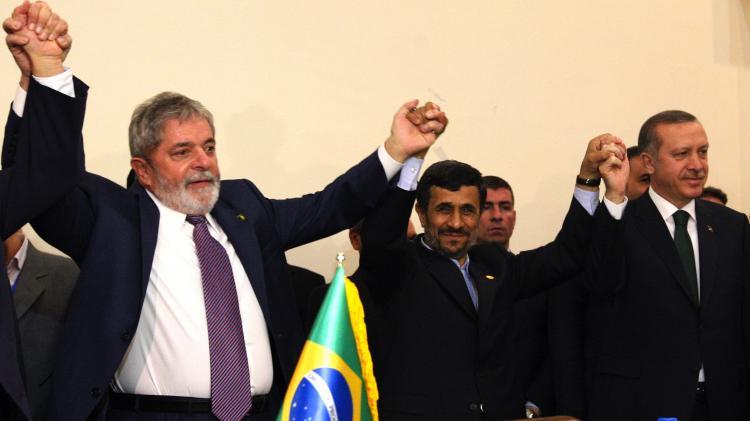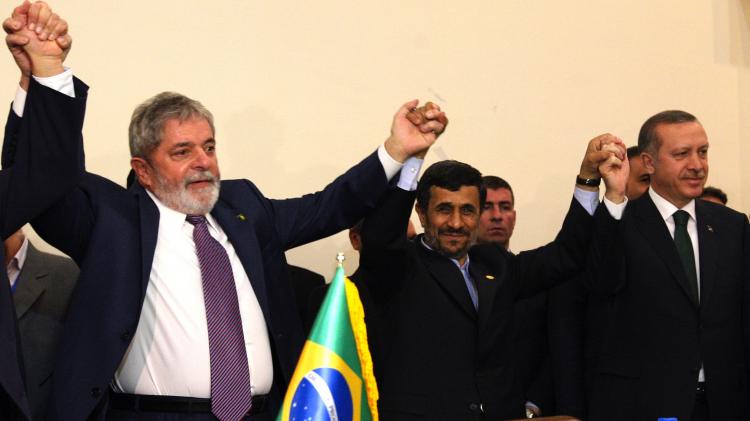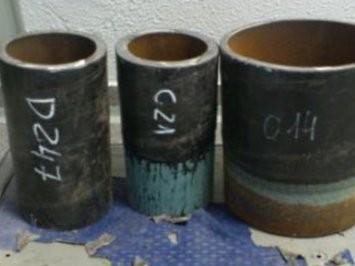Brazil and Turkey signed an agreement with Iran on Monday that they think could reduce Western countries’ concerns over Iran’s nuclear program and avoid new U.N sanctions.
The agreement stipulates than Iran will export 1,200 kilograms of its low-enriched uranium to Turkey. Tehran will receive higher-grade uranium-enriched fuel rods in return, which can be used for a research reactor.
Iran hopes that the deal will open the possibility of further negotiations with the six superpowers about its nuclear program.
White House Press Secretary Robert Gibbs said that shipping out the low-enriched uranium would represent “some progress.” But according to Gibbs the recent development will not change the steps that are being taken to “hold Iran responsible for its obligations, including sanctions.”
State Department spokesman Philip Crowley said on Monday “We remain skeptical that this represents anything fundamentally new.”
Last October, Iran worked on a similar plan with France, Russia, and the International Atomic Energy Agency (IAEA). Back then, the uranium had to be shipped to Russia, enriched there, then shipped to France for creating the nuclear rods. Iran then canceled the deal since it wanted the swap to happen in Iran, a condition that was not accepted by Western nations.
The agreement stipulates than Iran will export 1,200 kilograms of its low-enriched uranium to Turkey. Tehran will receive higher-grade uranium-enriched fuel rods in return, which can be used for a research reactor.
Iran hopes that the deal will open the possibility of further negotiations with the six superpowers about its nuclear program.
White House Press Secretary Robert Gibbs said that shipping out the low-enriched uranium would represent “some progress.” But according to Gibbs the recent development will not change the steps that are being taken to “hold Iran responsible for its obligations, including sanctions.”
State Department spokesman Philip Crowley said on Monday “We remain skeptical that this represents anything fundamentally new.”
Last October, Iran worked on a similar plan with France, Russia, and the International Atomic Energy Agency (IAEA). Back then, the uranium had to be shipped to Russia, enriched there, then shipped to France for creating the nuclear rods. Iran then canceled the deal since it wanted the swap to happen in Iran, a condition that was not accepted by Western nations.





